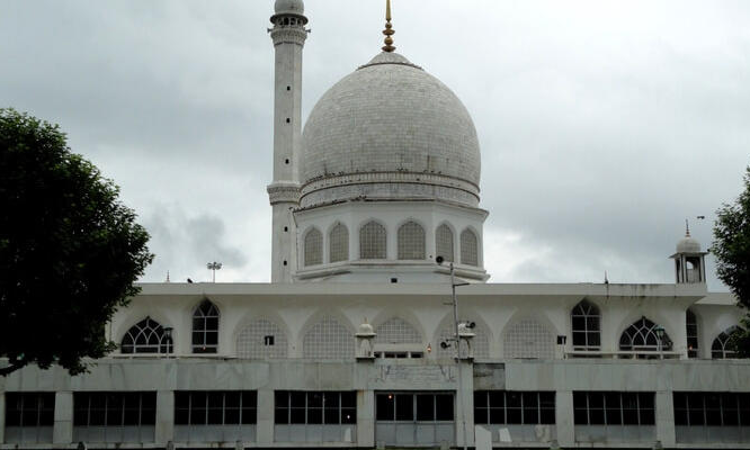'Parliament Has No Jurisdiction To Negate Hindu Law Protected By Art. 25': Suit In Varanasi Court For 'Restoration Of Temple' At Gyanvapi Mosque Area
Nupur Thapliyal
18 Feb 2021 10:13 PM IST

"Parliament has no power or jurisdiction to negate Hindu Law protected by Article 25 of the Constitution of India and cannot interfere with rights of Hindus as enshrined in Vedas, Shartras, Upnishads, Smrities and other scripture having the force of law." The plea states.
Next Story


